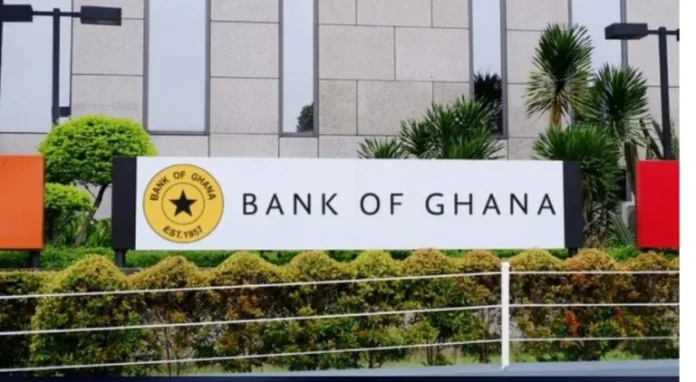Dr. Raziel Obeng-Okon, Economist and Senior Lecturer at GIMPA, has labelled the Bank of Ghana’s recent 300-basis-point policy rate reduction (28% to 25%) as overdue but inadequate, arguing delayed action created arbitrage opportunities for banks at the expense of economic recovery.
Speaking to The High Street Journal, Obeng-Okon acknowledged the cut aligns with easing inflation and cedi stability but criticized the central bank for holding rates too long despite clear market signals.
“Inflation trends justified earlier phased cuts,” he stated, noting that hesitation allowed commercial banks to profit excessively from high-yielding Bank of Ghana (BoG) bills instead of lending to businesses.
“The lag distorted monetary transmission,” Obeng-Okon explained. “Banks earned up to 20% on BoG bills essentially risk-free arbitrage while starving the private sector of credit.”
He highlighted volatile BoG bill rates (swinging between 8% and 25%) as evidence of inconsistent signaling, which undermines business planning. The economist urged clearer forward guidance and gradual reductions: “A phased cut of 100–200 basis points per meeting would have been more effective than this delayed shock therapy.”
While welcoming the cut’s direction, Obeng-Okon stressed further reductions are vital to narrow the policy rate’s “excessive spread” over inflation and stimulate lending. He cited fiscal tightening and lower Treasury bill rates as missed opportunities for earlier action. “For recovery, affordable credit is non-negotiable. Banks must shift from arbitrage to supporting productive sectors,” he concluded.
The critique emerges amid improving indicators but underscores concerns that policy inertia risks stifling real-sector growth.
Source: newsghana.com.gh










